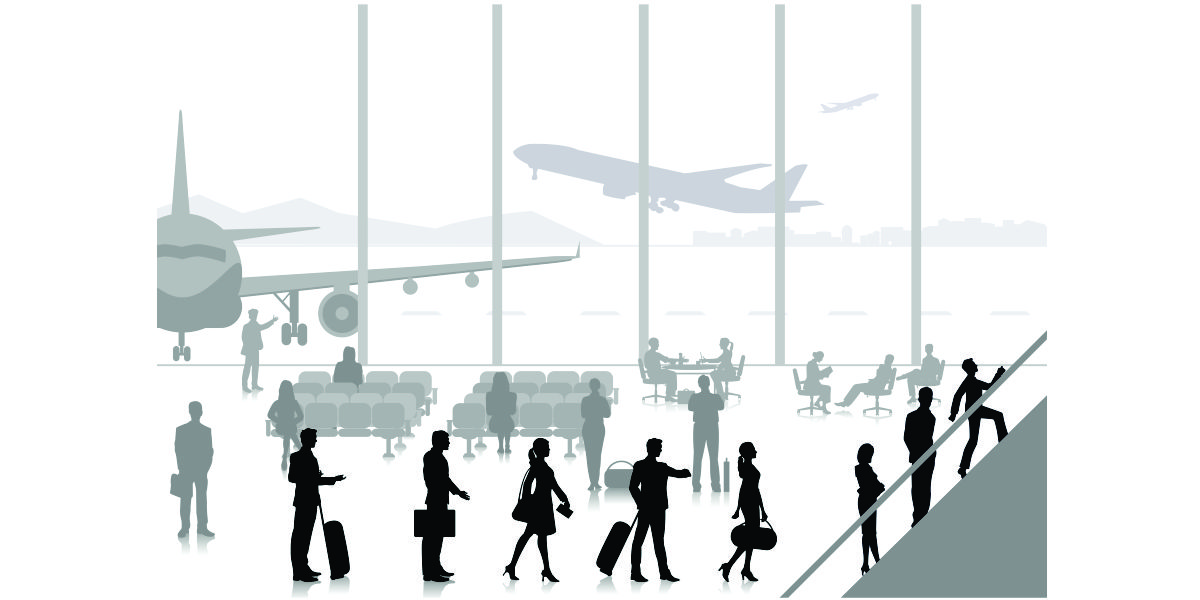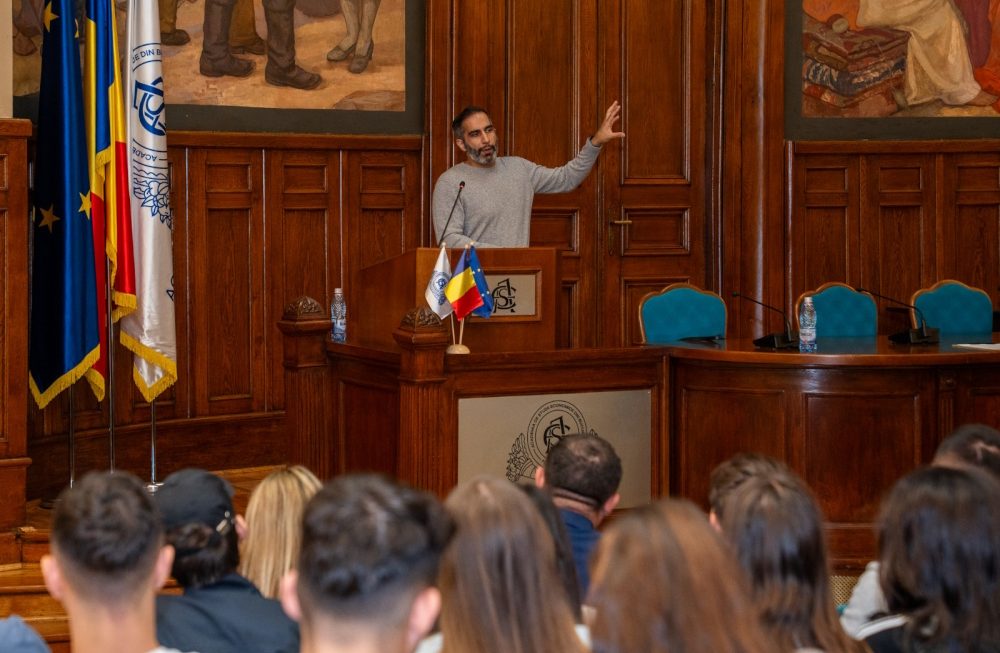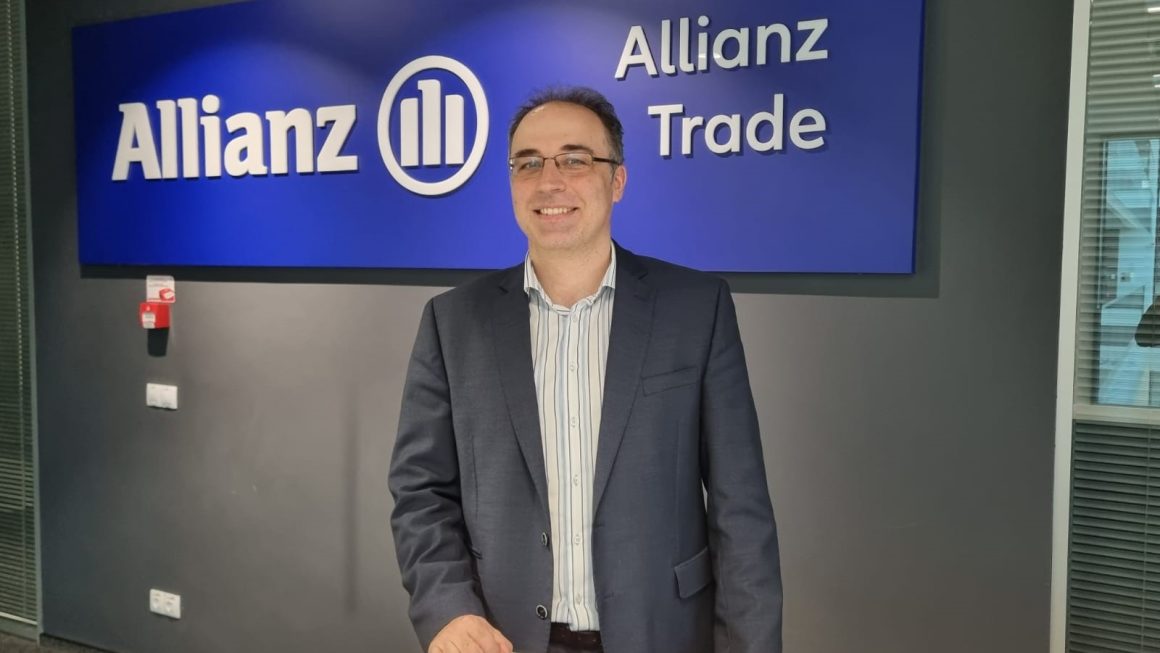
Lost opportunities
Foto: snapgalleria / depositphotos.com
Summer is upon us and with it a total chaos in the tourism sector with its connected businesses like transport and HORECA. It is an exceptional situation at a global level, not confined to any individual market. For companies involved in the travel business, what’s happening is a nightmare. After two long bad years for the industry, demand for travel is finally on a strong rebound after most countries got rid of their COVID-related restrictions. After holding back so much time, people are desperately looking for relaxing vacations and are willing and able to pay for them. But on the supply side there simply is not enough power to effectively manage this increased demand. Understandably, passengers across Europe are furious, venting their feelings on Twitter and other social media.
The first actors of the industry to feel the proverbial heat were – and to some extent still are – the airports. Because they had to roll back activity during the pandemic, many of them drastically reduced staff and were now unable to hire back fast enough to make ends meet. The result is an ugly picture, unbefitting household names like Heathrow, Frankfurt International or Schiphol. Waiting lines extended over hundreds of meters, meandering around dividers. Nervous people corralled in tight spaces, missing their flights because security and passport checks take ages. In some cases, because of staff shortages airports canceled flights by the pack. For instance, on June 30th, some 30 flights were cut from the morning’s schedule due to passenger numbers exceeding Heathrow’s capacity. Some passengers affected were able to get a rebooking onto other flights outside of peak times. And the list of such examples is long.
The interaction with airlines is a similarly frustrating story. Confronted by the generalized chaos at airports and similar problems with overworked crews, even legacy air travel companies axed and/or rebooked many flights. In an extreme instance of a desperate measure, on June 4th Dutch operator KLM suddenly announced it would no longer allow passengers at European destinations to board flights to Amsterdam. Rather than take waiting passengers to Schiphol, KLM made the totally unexpected decision to fly aircraft back to Amsterdam empty, leaving hundreds, if not thousands of passengers stranded, the air travel magazine Simple Flying wrote baffled.
Lufthansa and its subsidiary Eurowings slashed around 1,000 flights in July, due to ongoing disruption affecting both the carriers and their hub airports, affecting especially Frankfurt and Munich, and amounting to around five per cent of weekend capacity. In addition, Eurowings has removed “several hundred flights” from the system to “stabilize its service for July”. The carrier also urged travelers to arrive at airports “on time” during the forthcoming holiday season, and recommended that customers use digital services, online check-in and evening-before check-in, as well as reducing hand luggage “to the bare minimum”.
The one thing everybody complains about is personnel shortage.
Just how understaffed the industry is was recently revealed in a paper authored by the prestigious Institute for the German Economy (IW) in Cologne. According to the experts, in Germany alone, employment of airline service workers has declined 15% over the past two years, from about 44,000 to around 38,000 persons. Compared to the pre-Corona pandemic period, therefore, there are nearly 6,000 fewer people employed in core air and ground crew occupations. In addition to airlines, airports have also been affected by a decline in employees. Without “aircraft handlers” and operators of “ground handling service in air traffic” included in this category, airplanes would taxi onto the runway without luggage or would not find their way to their parking position after landing. Employment of skilled workers in technical air traffic operations has fallen by almost 13 percent from over 9,200 in 2018/2019 to 8,016 in 2020/2021. So, there is a shortage of about 1,200 skilled workers here, the IW claims.
Governments are at least trying to help. The German Federal Home Secretary Nancy Faeser is considering bringing in help from abroad to take the pressure from luggage handling. Only this takes time, because air travel is also a security issue and applicants must be submitted to thorough and thus time-consuming background checks to avoid potential terrorist affiliations. The security personnel are however a very different story, because this is something for the Federal Police to handle. Background checks for security officers could take months, Faeser said.
And things are probably about to get worse, due to strike waves hitting airports and airlines in Europe. Industrial action forced multiple budget airlines like easyJet or Ryanair to cancel flights to and from Spain and Italy, while Paris-Charles de Gaulle airport had to scrap 100 flights. Flight and ground crews in Spain, Portugal, Belgium, UK and even in strike-reluctant Scandinavia are claiming higher wages and better working conditions.
In Romania, massive official complaints against low-cost airlines like Ryanair and Wizzair prompted the consumer protection to investigate. Not an easy task, because the airlines are not based in Romania.
Once landed at the destination, already disgruntled tourists can expect another set of problems. The combination between spiking demand, soaring prices across supply chains, understaffing, and striking employees is something seen in many places across the holiday industry.
But here as well, lack of staff seems to be the main problem hindering growth at potential.
The online publication Europa Today reported in mid-June that in Europe there are 900,000 job vacancies in restaurants and hotels alone, a figure compiled from data from HORECA organizations in major EU countries. Two-thirds of these vacancies occur in France and Italy, followed by Spain. In the Netherlands, employers also face a historic shortage of waiters, cooks, and other kinds of personnel for the tourism sector, and the same picture emerges in other traditional tourist venues like Austria, Germany, or Greece, Croatia, or Portugal.
In Romania, businesses in the HORECA sector have similar worries. In an interview with wall-street.ro, tourism minister Constantin-Daniel Cadariu said that for 2022, some 50.000 employees would be needed, 20.000 on the Black Sea riviera alone. To compensate, Romania will bring over work force from outside the European Union and speed up the process of granting work visas. But for a real human capital retention nothing will really eliminate the need to pay Romanians better, Cadariu acknowledges. It is a fact that many young people attending one of the many vocational schools in the HORECA-business are dismayed by the low wages and choose to get jobs in hotels, restaurants, or spas in Western Europe or on cruise ships.
The TV-station Pro puts even a number on this: each year, some 8,000 students finish vocational training for a profession in tourism – but much less than 1,000 remain in the country, and the vast majority is leaving.
Tourism is indeed a low-income sector, and while recruiting is again at record highs, not many people are willing to work for peanuts – even if tips or sales bonuses are known to significantly boost earnings. According to a survey published by the platform eJobs, more than 80% of Romanians working in tourism earn under the average net wage of close to 4,000 lei or 800 euros. More than 40%, which is most of them, earn between 2,000 and 3,000 lei, and one in five persons is even getting less than 2,000 lei. The problem of staff scarcity is now more acute than ever, because during the pandemic many employees migrated to more stable and better paid jobs, eJobs argued.
According to the platform, a hostess might earn as little as 350 euros a month, with bartenders, waiters, or cleaners being not much better positioned. Of course, managers may even earn up to 4,500 euros. But tourists rarely complain about the lack of managers – they are bothered by long waiting times because there are not enough waiters.
Talk to applicants and you will find out about grueling labor conditions, with working hours and no breaks, or broken promises by employers. Small companies prefer to hire unskilled and/or illegal workers, for which they don’t have to pay taxes and social benefits, leaving employees uncovered by insurance in case they have an accident.
In turn, hoteliers and restaurant owners complain about candidates having unrealistic expectations about payments and work schedules. They want a lot of money, for which they are not prepared to put in the long hours of hard work jobs in tourism entail.
Better pay would be at least one solution to deal with this mismatch. But when it comes to some areas of the tourism business – like on the Black Sea – operators are in a conundrum. Even if they would like to pay their staff better, with a season lasting more or less only three months they aren’t able to do that. So, the only real option is to extend the season – to make it last as long as at least nine months, Dragoş Anastasiu, a well-known entrepreneur in the tourism business believes. You can’t keep your people for three months and pay them for an entire year, he argued in a TV talk show, adding that hiring staff for a short season, letting them go after, and bringing new employees next year is bad for the quality of service.
Alex Gröblacher
Share
Share















